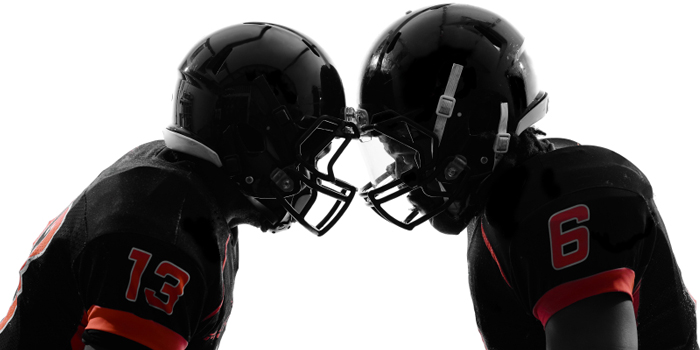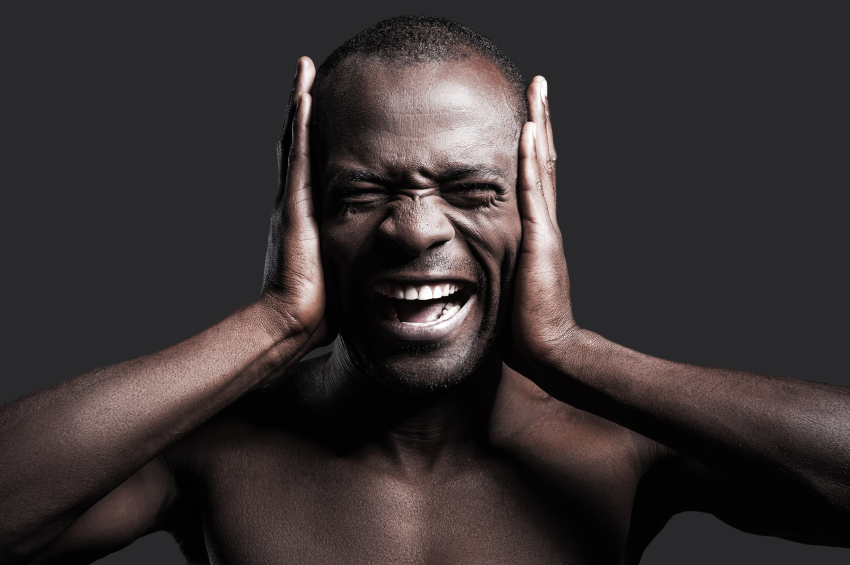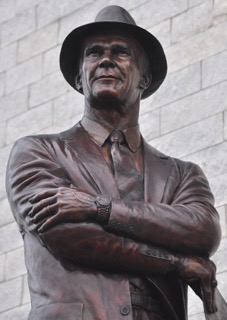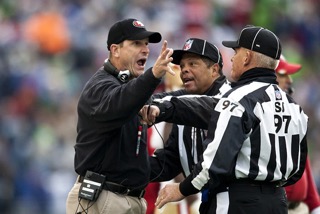
To focus, utterly, on the task at hand is to maximize reasoning skills in perspective while minimizing emotion. During sport competition, or any other endeavor in which volatility is present, this ability is a reflection of latent disposition, environmental impact during early childhood and beyond, and preparatory strategies that the athlete is exposed to leading right up until each contest.
Where psychology in sport and military largely fails pertains to the basis for its popularity- in diagnosis and treatment. What we know, however, is the magnitude of importance that must be directed towards preparation (psychological, analytical, technical/sensorimotor, tactical, physical, physiotherapeutic) moving forward.
RECENT: 'Because Of' or 'In Spite Of': The Modes of Sport Preparatory Strategies
While psychological approaches for diagnosing various behaviors, as well as treating them, has long since been practiced; there is a fundamental gap that exists between the diagnosis/therapy for what happened in the past and/or continues to happen, and supplying the theoretical and practical modes of psychological preparation for what has yet to come.

By association, psychological preparation comes to bare most prevalently in my discourse with professional sport organizations and discussed in various lectures on my site: globalsportconcepts.net
Emotional outbursts are, in part, a reflection of the lack of connectivity an individual is able to generate between what is “felt” and the symbols that we apply to feelings in order to articulate them logically/rationally via written and spoken word.
It’s one thing to feel something yet not be able to accurately describe it and another to feel it and seamlessly make sense of it.
Emotion is the antithesis of reason; which is why no individual is capable of exacting the apex of his or her focus and attention on a specific task amidst a heightened emotional experience (regardless of the emotional context- joy, anger, sadness…)
In this way, we understand that the Tom Landry’s of the world (who credited his stoic demeanor to his military experience) who process officiating and player blunders in a state of perspective (the logical processing of what is experienced); whereas the Bobby Knights of the world process the same blunders in a nearly opposite way- restricted to an elementary state of emotion. This, by analogy, is not so different than the way in which a child reacts to a crisis versus a trained adult.
The more difficulty an individual experiences in making sense of what is felt the greater the likelihood that individual has in reacting to that condition in an emotional way- particularly regarding matters that serve as emotional triggers for an individual. The very fact that a stimuli serves as a trigger is indicative of an unresolved matter in the psyche of that individual- one that he/she is not yet able to assign intelligent dialogue to and thereby discuss or rationalize internally in a state of perspective.
WATCH: Know What You Don't Know, Execute What You Do
Ironically, in sport, we observe a multitude of head coaches, across the spectrum of sport, who lack the psychological trainedness to lead by example and maintain composure amidst volatility- yet these same coaches have a penchant for berating their own athletes who demonstrate the very same traits during competition.
An official makes a call that results in the head coach behaving strikingly similar to a child having a temper tantrum and this has somehow become marginalized in the culture of coaching as simply one demeanor shared by some coaches. Whereas, nearly all coaches, regardless of their own composure during competition, will be quick to berate one of their own athletes who behaves in kind and whose “tantrum” during competition results in a penalty.
Alas, the coaching adage “what we are seeing today we are either coaching or allowing to happen”.
As with all these matters, the methods by which athletes are prepared are of critical importance because what we are seeing each and every game or contest from every athlete is, ultimately, a representation of how they have been prepared.
Indeed, to be psychologically prepared is to have optimized the apex of preparatory strategies that most often distinguishes the most elite level competitors, at the highest competitive stage, with their counterparts. As with all other preparatory traits, we must understand that all are genetically influenced and further shaped via the impact of phenotypic stimuli.
It is of galactic importance that the process of sport preparation is synergized, and not fragmented via the a la carte method, as is the current practice, in order that psychological, analytical/intellectual, technical, sensorimotor, tactical, physical, and physiotherapeutic modes of preparation are optimized and most effectively crystalized into the perfect storm of competitive readiness.
Business contact: athleteconsulting@gmail.com
Athleteconsulting.net












